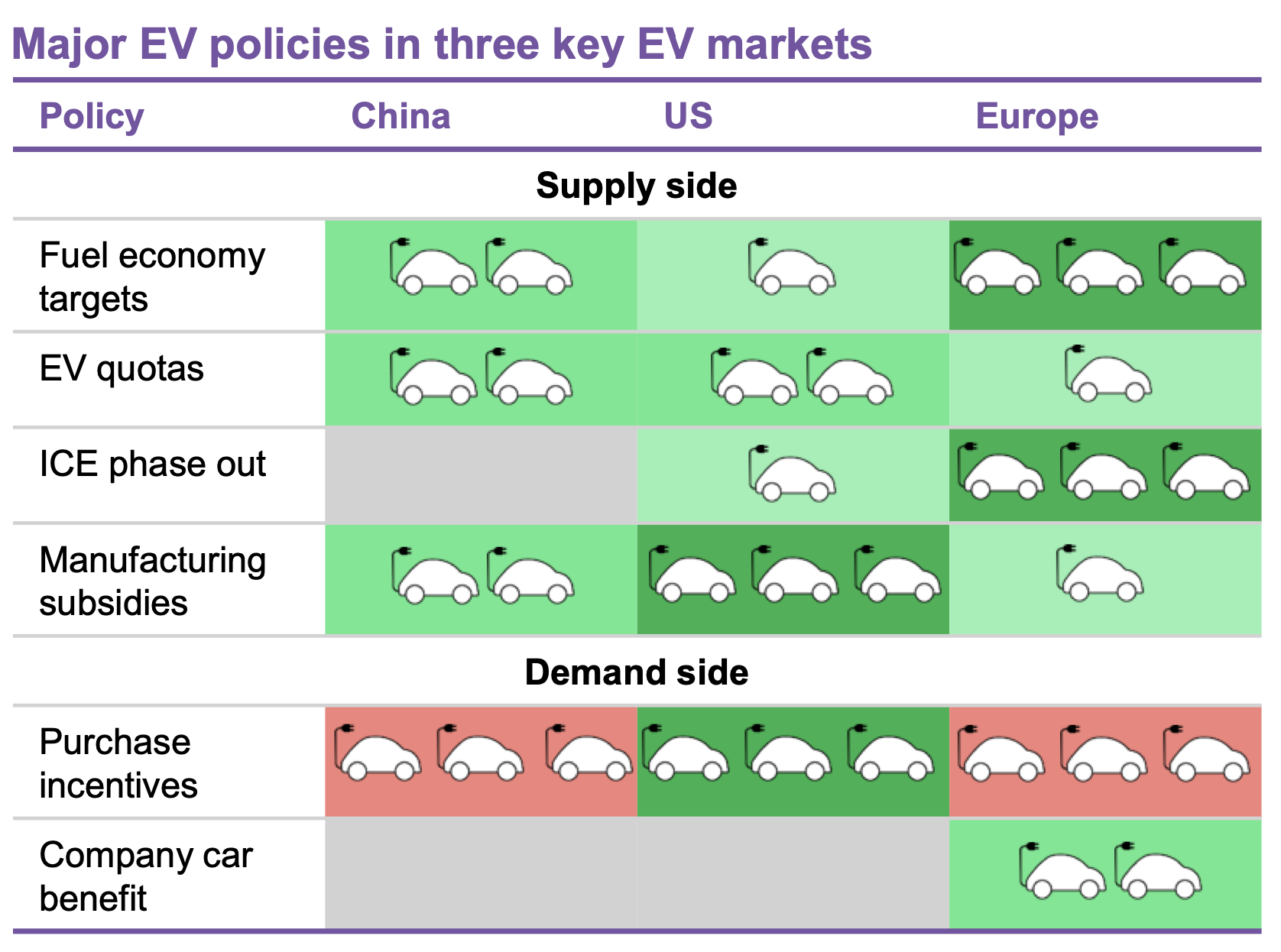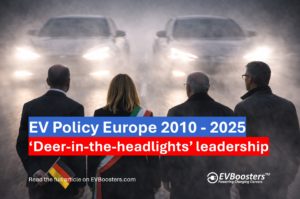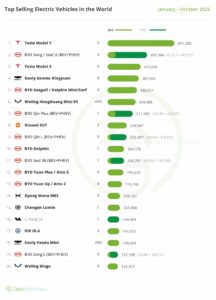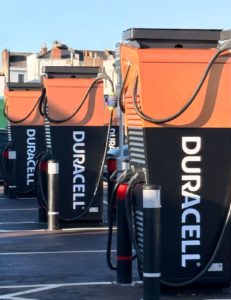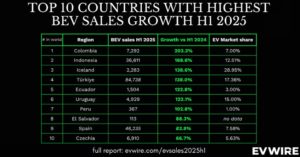In China, the end of 2022 marked the expiration of significant purchase subsidies that had previously fuelled the country’s EV adoption. Despite this, select cities and provinces continue offering these subsidies, and fuel economy targets remain a central pillar supporting the EV market. The scaling up of the market rendered the continuation of broad subsidies financially untenable, but regional incentives and overarching targets persist in guiding the market.
European policies have taken a different tack, with fuel economy targets emerging as the dominant driving force. These targets have compelled automakers to invest heavily in EV technology, with the threat of fines for failing to meet specific goals. While purchase subsidies were once widespread across the region, their gradual phase-out has begun, with the UK leading the charge by ending its plug-in car grant in June 2022. Nonetheless, the UK maintains incentives for company car purchases and has introduced an EV sales quota for automakers, showcasing a nuanced approach to fostering EV adoption.
The United States experienced a significant shift following the introduction of the Inflation Reduction Act (IRA). This legislation transformed the EV adoption landscape by introducing point-of-sale purchase incentives and a variety of manufacturing subsidies for both vehicles and batteries. The post-IRA era has seen over $100 billion in commitments for North American EV and battery supply chain manufacturing, highlighting a strong governmental push towards electrification.
This year’s BloombergNEF Factbook underscores the ongoing acceleration in the transition to zero-emission vehicles despite geopolitical challenges and rising interest rates. The report emphasises the need for continued, stable policy support from national, regional, and local governments to sustain growth in zero-emissions transport and manage the phase-out of polluting vehicles. It also calls for increased international collaboration and financial and technical assistance, particularly in emerging economies where EV market share remains below 5%.
As the global EV landscape evolves, the report notes that despite growing adoption, ambition from both governments and automakers has somewhat stalled, with few significant new zero-emission vehicle (ZEV) commitments or targets set in 2023. The need for more concerted action is highlighted to fully leverage the benefits of the ZEV transition, including cleaner air, job creation, economic growth, and aligning with the Paris Agreement goals.
Source: Zero emission vehicle factbook 2023 | BloombergNEF
